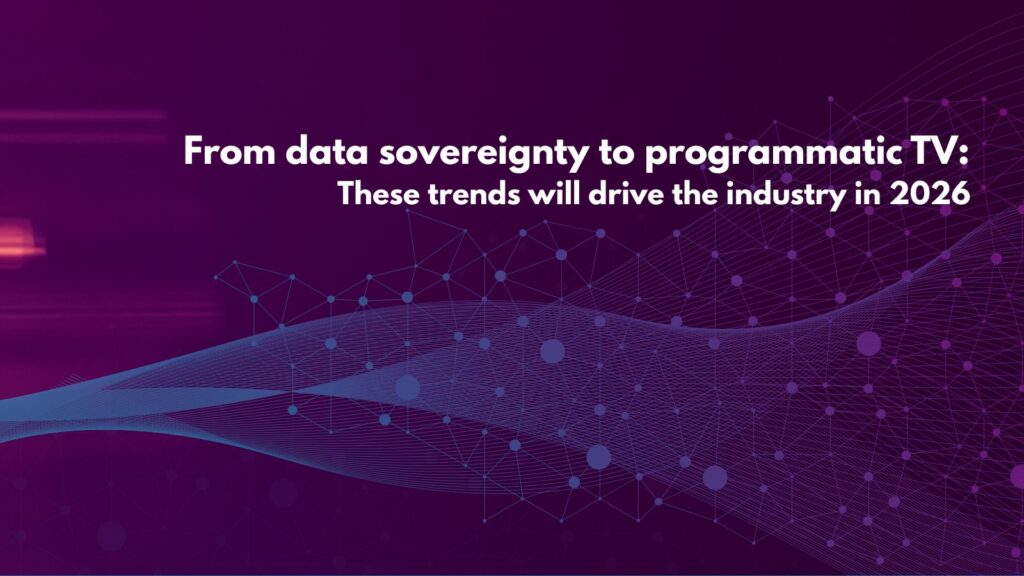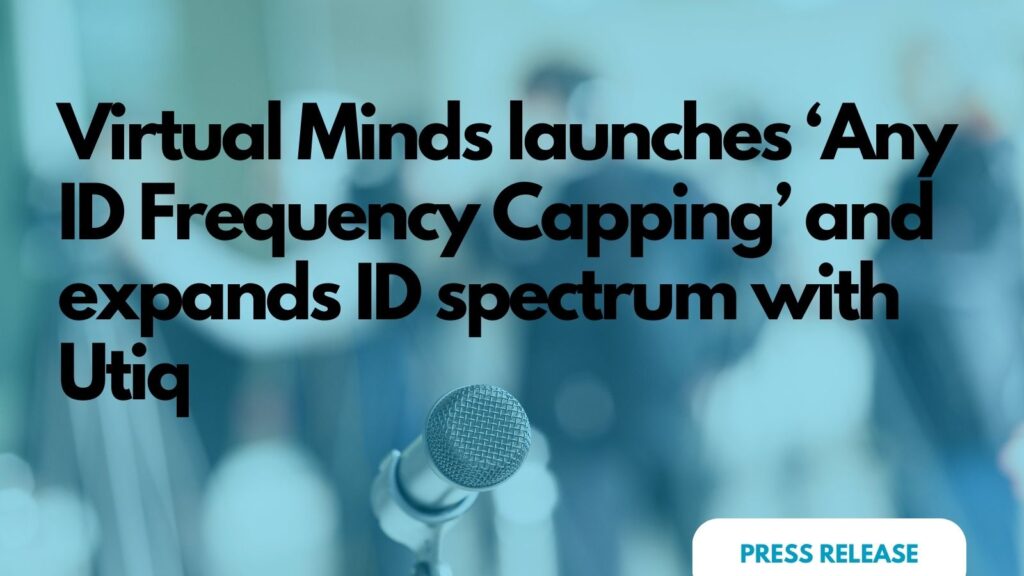We scroll, stream and research every day, often without paying for it directly. But what mechanisms make this seemingly free access possible?
The internet is interwoven into almost every aspect of our lives – from communication and entertainment to news, shopping and completing important tasks. The growing importance of digital services raises the question of how these platforms work. How are they financed? How do companies organise their interactions with users? And what role does personal data play in this?
Such questions are bringing issues such as data protection, transparency and trust more into focus. Users want a secure online experience and more control over their information. At the same time, the use of digital services is often a balancing act between individual needs, the desire for free access and the economic foundations on which many online services are based.
The value of free digital services
A recent study by IAB Europe provides valuable insights into how European users perceive online advertising, privacy and the trade-offs that free services enable. In the debate around privacy regulations and the future of digital advertising, the study highlights a fundamental truth: consumers want control over their data, but also recognise the value of an ad-supported internet.

More than 10,500 internet users aged 16 and over in twelve European markets (Germany, France, Italy, Spain, Poland, Sweden, the Netherlands, the Czech Republic, Belgium, Denmark, Ireland and Norway) were surveyed for the study in order to obtain a representative picture of users in the EU.
The principle of reciprocity
Millions of people use ad-financed platforms for communication, entertainment and information. However, many are unaware of the business model behind this. According to the study, European users utilise free online services such as search engines, email and news platforms to the value of an average of 212 euros per month. However, understanding this value is only one side of the coin. The question of how these services are financed and how users interact with the system makes things more complex.
The study also shows that consumers value free access, but are also aware of the consequences of limited personalised advertising, such as payment barriers, lower quality content or limited availability. Interestingly, many users see their consent to personalised advertising as a fair trade-off once they understand that higher advertising revenues keep the services free. Nevertheless, they are faced with a dilemma: the ‘privacy paradox’.
The privacy paradox
Users are therefore in a dilemma: they want a smooth online experience, but at the same time expect strong data protection. While they are in favour of data protection laws such as the GDPR, many consider their implementation to be inadequate – despite ubiquitous cookie banners. This discrepancy undermines trust and engagement.
One thing is clear: consumers expect relevant, non-intrusive advertising that improves their online experience. The study shows:
- 80% consider online advertising to be useful and prefer fewer but relevant ads.
- Over 70% have had positive experiences with helpful advertising.
- More than half find a few personalised ads less annoying than many irrelevant ones.
However, when personalised advertising goes astray – for example, by showing ads for products that have already been purchased – this quickly leads to frustration.

Recommendations for a sustainable digital future
IAB Europe has formulated specific recommendations for action in response to these findings. The aim is to promote a balanced digital ecosystem that takes into account both user interests and economic requirements. The recommendations focus on the following key areas:
- Ensure open access: maintain a wide range of high quality services.
- Promote informed choice: Educate and empower users about digital advertising.
- Maintain existing framework conditions: Maintain legal basis for personalised advertising.
- User-friendly consent: Incentivise intuitive cookie banners.
- Strengthen business continuity: Break down barriers and improve user experience.
- Prioritise implementation: Focus on existing regulations instead of new laws.
The challenge is to create a digital ecosystem that remains economically viable while respecting users' rights.
Thomas Peruzzi, Spokesperson of the management board, Virtual Minds
The impact of the GDPR
The study also shows that seven years after its introduction, users in the EU understand that the GDPR grants them rights, holds companies accountable and provides for sanctions. This is in line with its aim of empowering users within a strong data protection framework. The challenge now is to harmonise the principles of the GDPR with changing digital needs.

Outlook: The search for digital balance
“The IAB Europe study makes it clear: users appreciate free access to digital services – but they are becoming increasingly sensitive to the price they pay in the form of their data. The digital deal only works if transparency, control and fairness are guaranteed. The challenge is to create a digital ecosystem that remains economically viable while respecting users’ rights,” explains Thomas Peruzzi, Spokesperson of the management board at Virtual Minds.
A future-proof Internet needs more than technical solutions – it needs trust. This trust is created through comprehensible communication, real choices and a value-based implementation of existing data protection law. The General Data Protection Regulation provides a solid foundation for this, but it needs to be implemented in a more tangible and user-friendly way in everyday life.
Peruzzi adds: “As a European AdTech provider, we have always been in favour of a balanced reconciliation of interests between all participants in the open network. We respect the protection of privacy and at the same time understand the need for publishers to operate their services in an ad-financed and therefore economically viable way. The better this necessary balancing act affects all providers equally – whether global or local, social or traditional – the better for the entire open Internet. In this topic, we must always bear in mind that a European creative and news economy is politically, socially and economically important. We always assume that it is possible and feasible to reconcile the interests of both sides.”
The way to the digital future is through education, participation and innovation. Advertising yes – but responsibly. Data yes – but self-determined. Free access yes – but not at any price. The digital balance can only be achieved in the long term if users and providers pull together.







